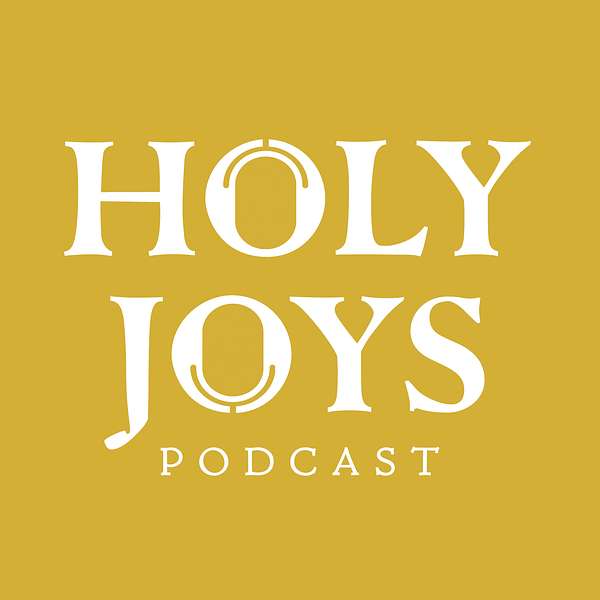
Holy Joys Podcast
A discussion of theology and ministry practice, all for a holy, happy church. A ministry of holyjoys.org.
Holy Joys Podcast
Ravi Zacharias, Holiness Movement Too, Entire Sanctification, and Excusing Sin
•
Johnathan Arnold
Andrew Graham joins David Fry and Johnathan Arnold to discuss the recent news about Ravi Zacharias and what we can do in our own churches and institutions to expose abusers and help victims.
Quotes from Graham:
- People in Christian leadership are not exempt from temptation, not exempt from the possibility of falling. There needs to be structures in place that protect them and the people who serve alongside them.
- If we view this as an isolated, RZIM-specific issue, then I think we will be talking about the next one. Rather than each of us in our own context looking at what needs to be done differently moving forward.
- What systems are in place so when a ministry leader acknowledges I am not okay, there is a place for restoration and recovery? Rather than feeling like the only way forward is to continue to hide.
- Books like Becoming a Church that Cares Well for the Abused by Brad Hambrick and We Too: How the Church Can Respond Redemptively to the Sexual Abuse Crisis by Mary E. DeMuth are very practical resources that talk about what to do for the victim and victimizer.
- We need to listen to those who are victims. We need to hear their stories.
- Expressing your abuse narrative in a safe context is a significant part of beginning the healing journey. Identify someone who can help you.
- What am I doing and what are you doing in your context to make sure that the people who see you as a spiritual leader would say, “I know I can go to you and talk to you about this and you will handle it the right way."
- If someone identifies you as a safe person, you need to do the right thing.
Quotes from Fry:
- We need to be very intentional as Wesleyans that we do not develop theological misconceptions that become a part of a structure that ensures something will happen and it will be overlooked because it can’t count as sin.
- We do not want to provide a theological shield behind which those who possess power in a ministry can hide.
- Someone who is caught up in sin will find theological reasons to justify themselves.
- We have to be aware that we are naturally going to be defensive of the system within which we work.
- We need room in our theology to understand that our system is not perfect.
Quotes from Arnold:
- If we are serious about holiness, we must realize how we can undermine holiness by failing to call something sin that is sin.
- There are consequences for our theology. If we are not careful in the way that we preach and teach, real people get hurt.
- We’re unlikely to see red flags when our theological impulse is to justify those red flags.
- None of us are calling for the church to be weak on sin. We’re just calling for more nuance, more maturity, more carefulness, and more theological work. Because simplistic thinking hurts people.

